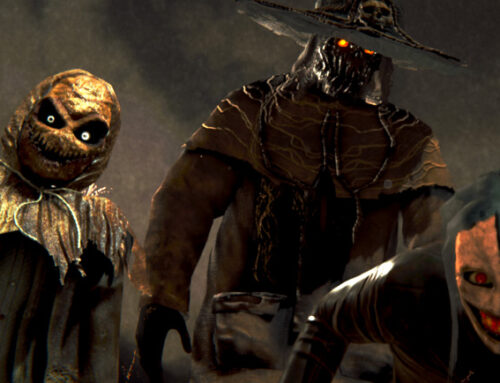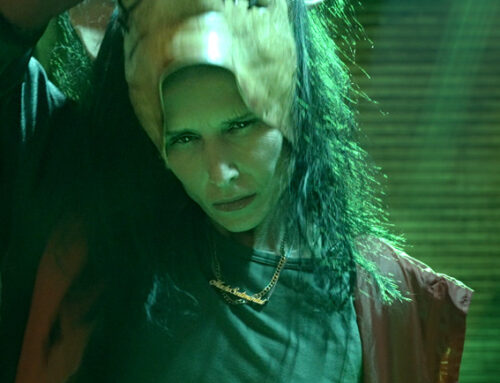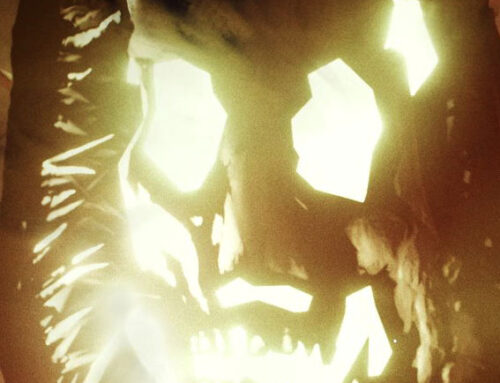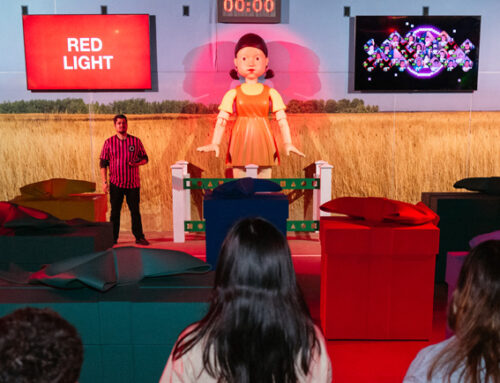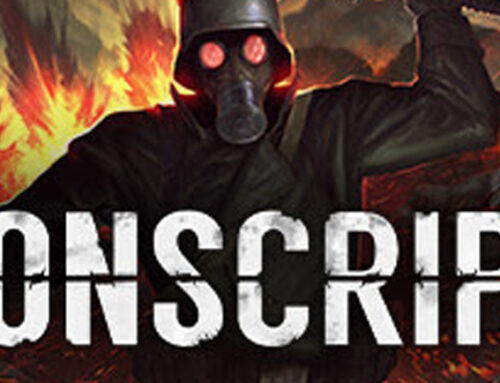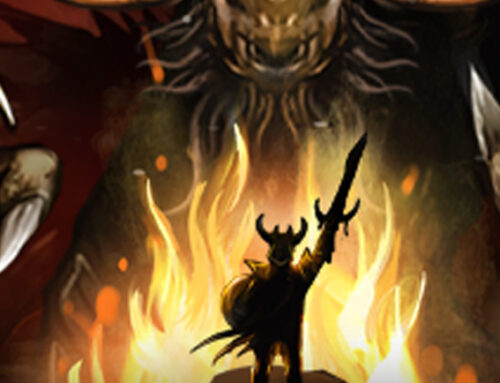After years of teasing its release, Experiment 101’s Biomutant is finally out. The open-world action RPG features fuzzy humanoid creatures living in a post-apocalyptic world. I played the PS4 version of the game but it’s also available on PS5, X-Box One, X-Box Series X, and PC.
PLOT:
Biomutant puts the player in a post-apocalyptic Earth, where humans have abandoned the planet and genetically mutated animals have become the dominant species. You play as one such creature, which can range from looking like an anthropomorphic cat to a rodent (my own character ended up looking decidedly possum-like). Much of the game’s world-building centers around the mess humanity left behind, having created a multitude of environmental disasters.
The game’s primary quest is either to save or destroy the mystical Tree of Life depending on which tribe you decide to join. This involves two main missions defeating the other tribes and fighting the massive Worldeater monsters that are devouring the Tree of Life’s roots. This quest, and everything else you’ll do in Biomutant, is narrated by David Shaw Parker one of only three roles in the game with actual dialogue. The other roles with dialogue are the embodiments of good and evil who appear whenever a major moral choice needs to be made by the player, trying to sway the player to their side.
GAMEPLAY:
Biomutant takes a more is more approach to gameplay, jam-packing as many systems as possible into the game. There’s a crafting system where hundreds of different components can be combined into weapons or armor. Mounts can be tamed with specific fruits. NPC’s can be negotiated with to find points of interest. There’s a morality system that affects narrative choices and character progression. There are three different types of resources used to gain different abilities. And that’s just the tip of the iceberg, the game is constantly throwing out new mechanics with varying degrees of complexity.
Among the most complex systems are its core mechanics. Combat combines martial arts, gunplay, and mutant powers all of which flow together seamlessly. As the game progresses you will have access to more and more complex combos with your melee and ranged combat, each weapon type having a unique chain of abilities to unlock. On top of all that there’s a whole other combat system in place whenever you’re piloting a mech suit. Navigation is a bit simpler but still features numerous mechanics, from hang gliding to dealing with assorted environmental hazards.
PROS:
The defining feature of Biomutant is its ambition. The sheer number of unique systems is truly astonishing. The massive open world is diverse in its biomes, all of which are gorgeous and populate by a diverse array of enemies. All of this meshing into a genuinely fun, unique, and weird game is nothing short of a miracle. I was genuinely astonished to read that the game was developed by a team of only twenty developers.
Biomutant’s core mechanics are its strongest. The combat is consistently smooth and fun whether it’s a group of normal enemies or a boss fight. Exploring the open world is also fun, buoyed by the game’s strong aesthetic choices. The game’s character creation is both deep and quirky, featuring a balancing system where any bonus comes with an equivalent penalty and every choice changes your character’s appearance.
CONS:
While the game’s scope is awe-inspiring, it’s something of a double-edged sword. For every successful mechanic, there are two that are either half-baked or poorly implemented. While mount taming was exciting early on, my character’s movement speed quickly outpaced my mounts making it useless. Every puzzle is a similar current connecting mini-game that becomes increasingly tedious and lacks any real consequence for failure. The most egregious example is the outpost capturing system, which consists of a handful of scenarios the game cycles through with each new encampment.
Biomutant also suffers on the narrative front. While the world-building is quite good, the simple plot is dragged down by one-dimensional NPC’s and uninspired side quests. The weak characterization is made even more unbearable by the choice to have a single narrator translate every NPC. While I enjoyed David Shaw Parker’s narration of events, it made the already paper-thin characters feel even more indistinct.
VERDICT:
Biomutant feels like a throwback to the AA games of the PS1 and PS2 era. It’s a game that’s not afraid to experiment mechanically or narratively. The end result is a messy, uneven, game with high highs and low lows. While the game’s flaws are too deep and omnipresent for me to love this game, I can’t help but admire how openly experimental it is. It’s not the sort of game I’m eager to replay, but I’ll be keeping an eye on Experiment 101’s future endeavors and I’m excited to see how other open-world games will implement and refine Biomutant’s ideas. At $60 Biomutant is hard to recommend but if you can find it on sale it’s worth checking out. Biomutant is available now for PS4, PS5, X-Box One, X-Boxe Series X, and PC.

